ON THE DECOLONIZING PATH WITH HUITLACOCHE
by Doğa Tekin
In this podcast, Doğa Tekin sonically illustrates the work of People of Color Fungi Community, including Mario Ceballos, Cristina Juarez, Magdalena Ramirez, Olympia Beltran, and other organizers and participants in reintroducing huitlacoche to their community. Huitlacoche is a fungus that is entangled in a complex web of social relations—to many Indigenous communities of Turtle Island and Abya Yala, it is an ancestral food; to plant pathologists and industrial agricultural institutions in the U.S. it is Ustilago maydis, a pathogen of corn; to restaurateurs and ‘exotic food’ enthusiasts, it is Mexican truffle or corn caviar, an edible delicacy and cultural food of ‘the other’. By centering the work of Mario and other organizers and community members, this podcast demonstrates some of the consequences of the latter two relationships for diasporic Indigenous communities within the U.S. borders, as well as the importance of POC Fungi Community’s work toward cultural revitalization.
About Our Podcaster:
Doğa is an artist, electronic musician, and teacher who creates and builds her work around her relationships with fungi. Currently she is doing a PhD in linguistic anthropology at UCLA. Carried out in collaboration with POC Fungi Community, Doğa’s research focuses on the ideological systems and linguistic processes through which huitlacoche comes to take on different identities, and the decolonizing mechanisms in POCFC’s work toward regenerating ancestral food systems. She is on the editorial board of the Digital Salon Podcast, and an alumna of the Urban Humanities Initiative (2021-22).


